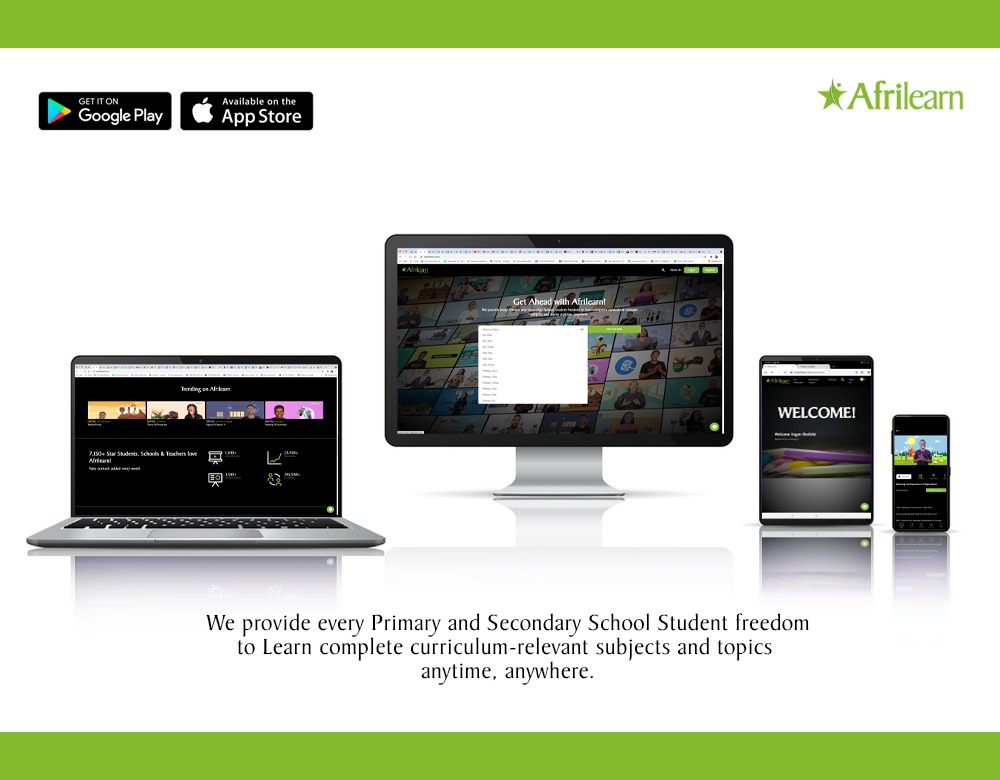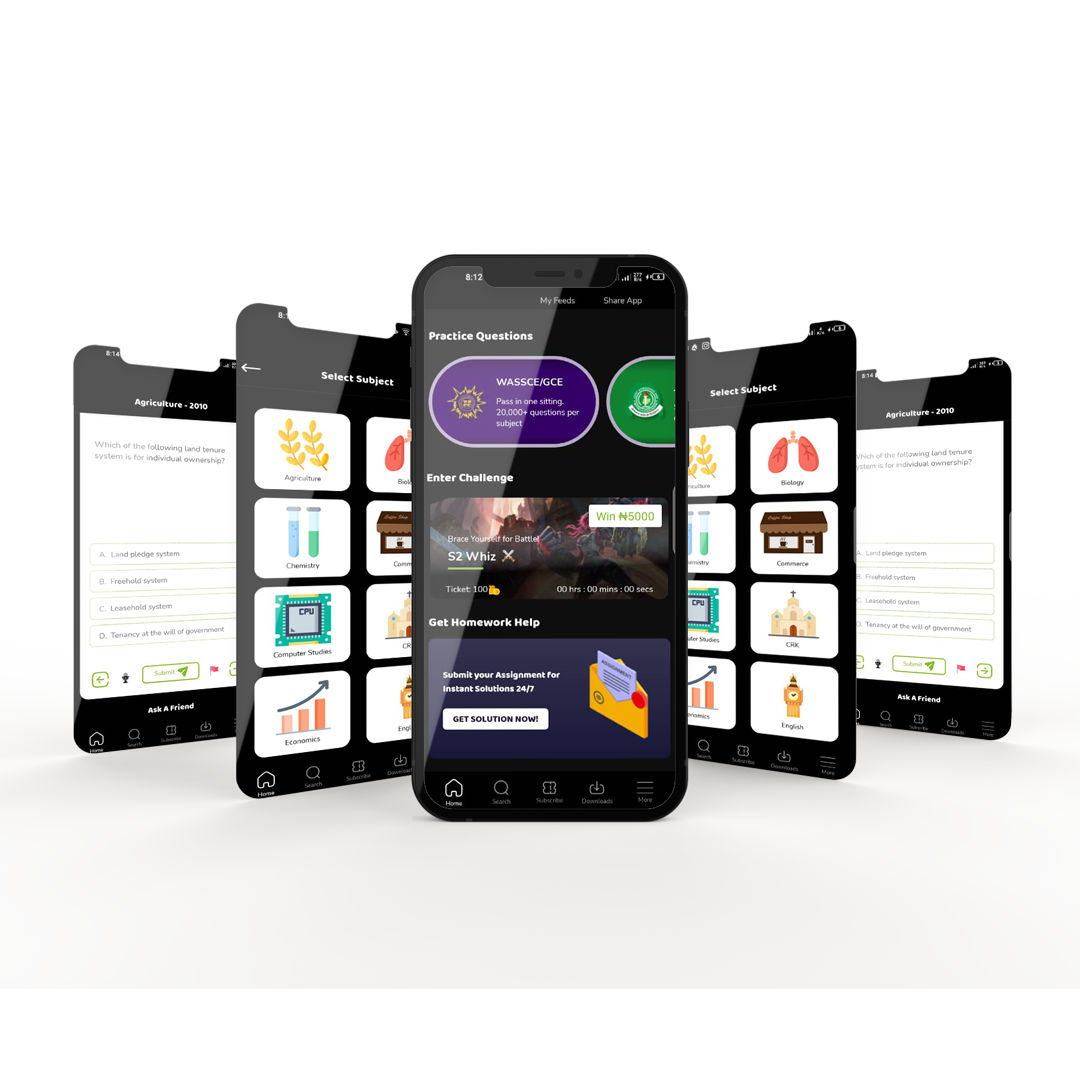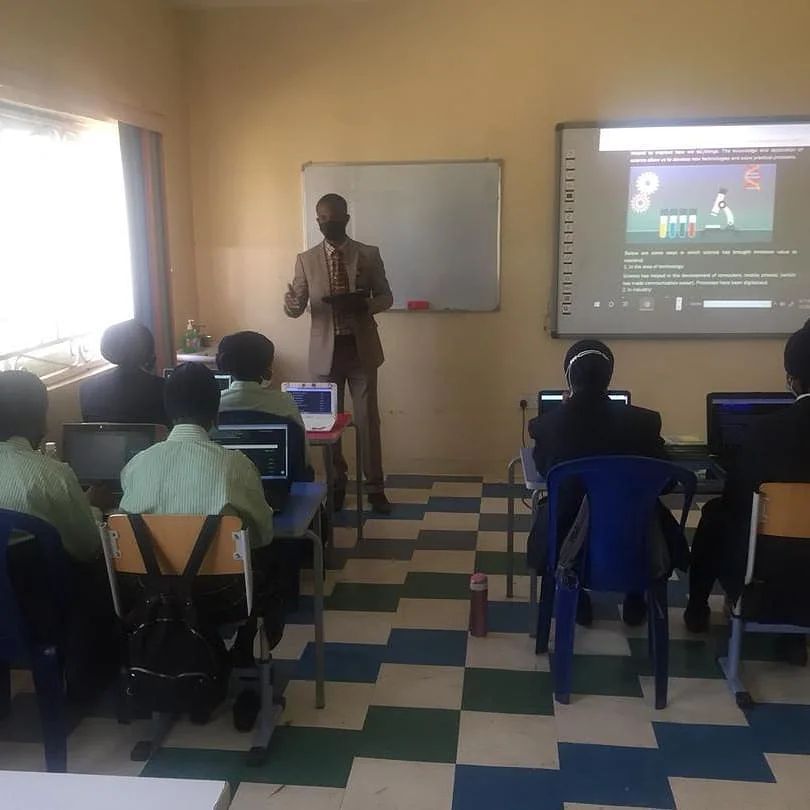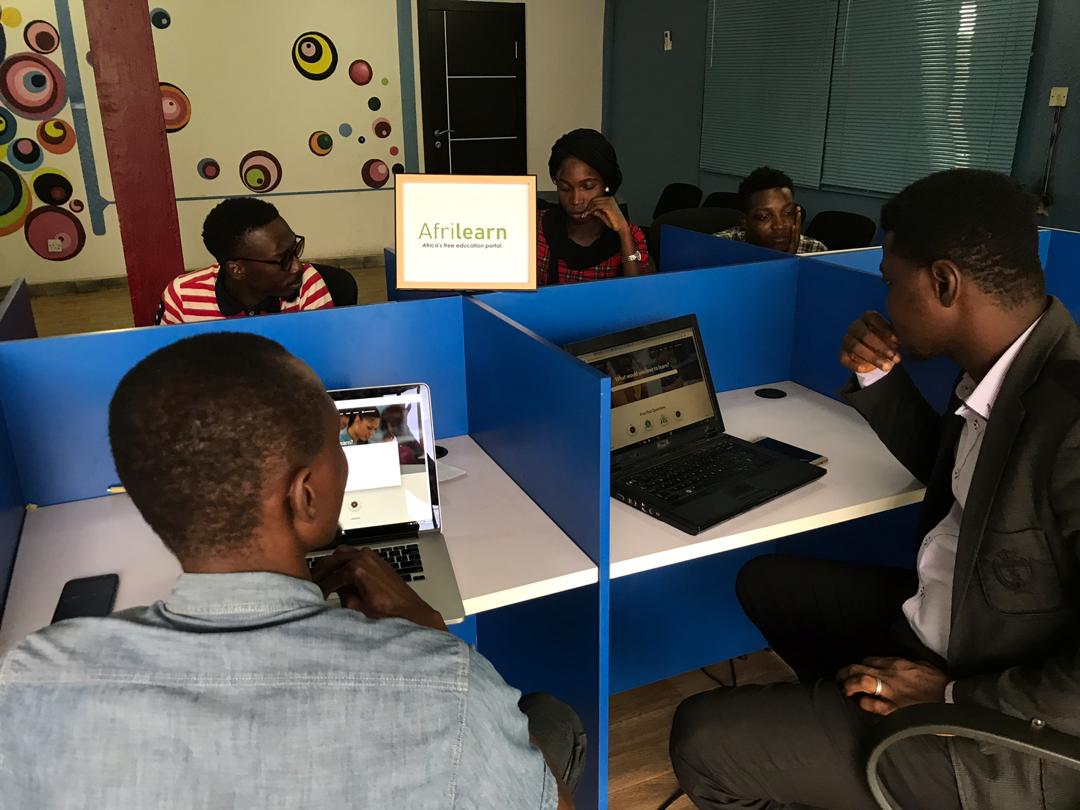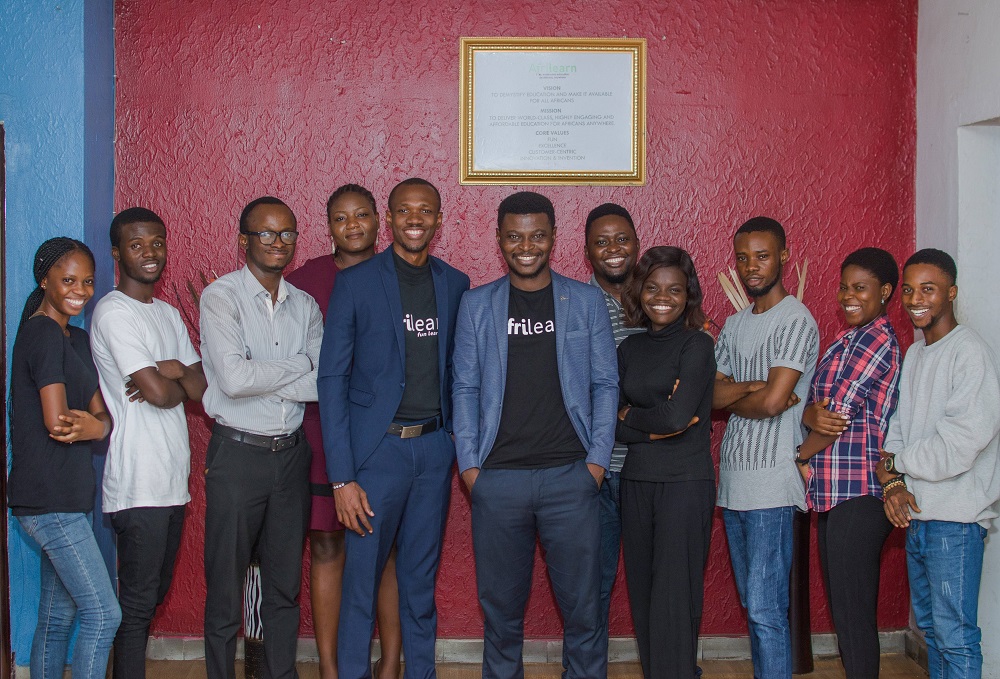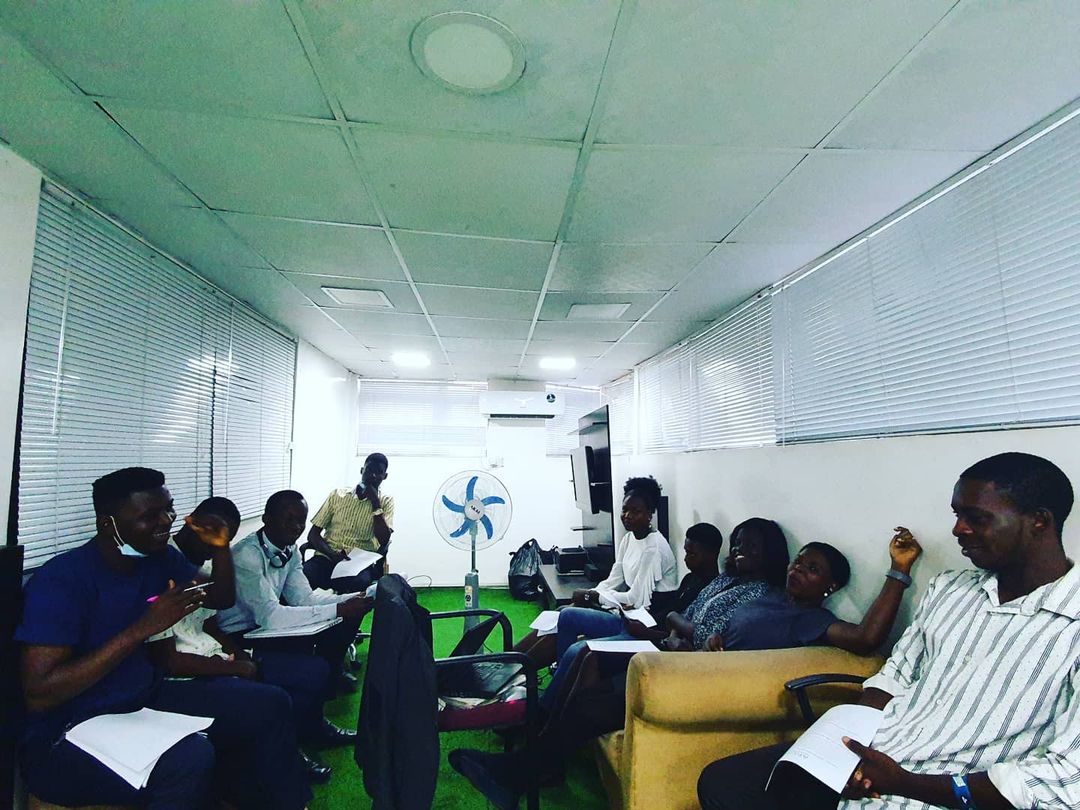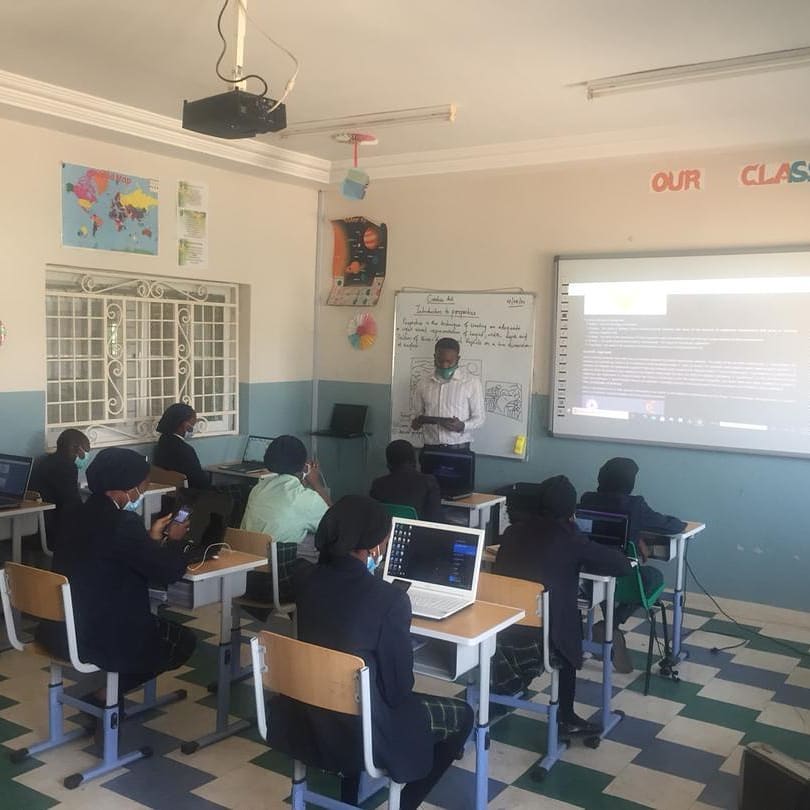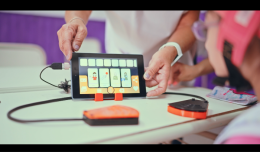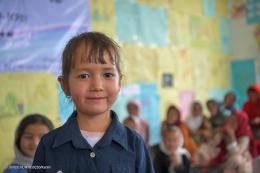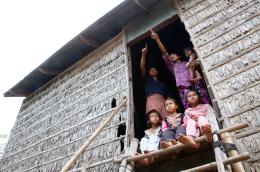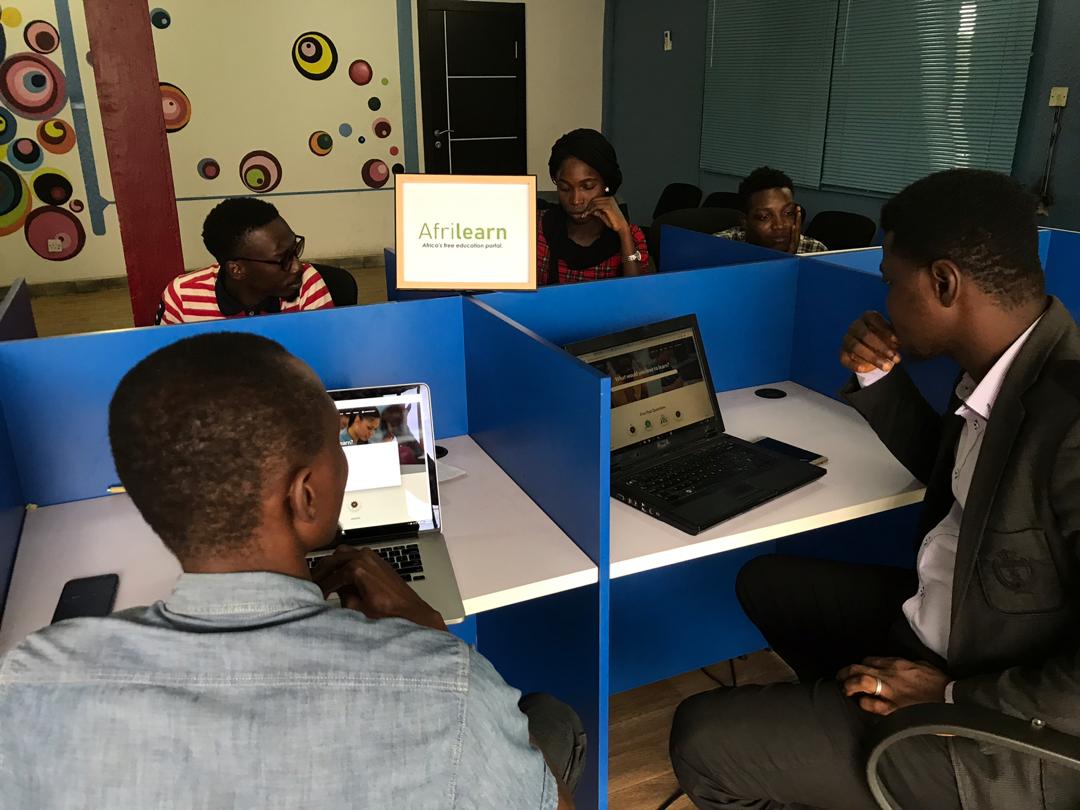How would you describe your solution to a non-technical person?
Every day, the Afrilearn studios host expert tutors who teach different subjects in front of cameras. These seasoned tutors simplify difficult subjects and topics in entertaining ways, resulting in thousands of engaging video lessons covering government-approved curricula. This helps learners to assimilate easily, because whatever we learn with pleasure, we never forget.
These video lessons are then developed into engaging animation and deployed to subscribers through app, web, and data-free Dongle services at highly affordable rates for primary and secondary school students (ages 6–18) across Anglophone West Africa, a market of effectively over 300 million people.
In addition to Afrilearn's powerful and iterative profiles for students, teachers, schools, and parents, our vast and culture-specific education video library will also be optimized for video streaming, offline download, and playback on any device, with affordable monthly, quarterly, and annual subscription packages.
What social issue or impact area does your solution aim to solve?
Irrespective of their background or circumstance, every child deserves access to quality education, in line with Sustainable Development Goal 4. This is one of our areas of focus and social concern at Afrilearn. Widely described as the Netflix of Education for young Africans, Afrilearn’s social impact also cuts across SDGs 8 (Decent Work and Economic Growth) and 17 (Partnerships to achieve the Goal).
What is unique about your solution and how is it different from what currently exists?
Beyond leveraging social learning to deliver tech skills (coding content), Afrilearn’s competitive advantages include leveraging storytelling and personalization to deliver highly immersive video lessons for improved learning outcomes at the most affordable price.
Afrilearn will significantly improve the lives of children by leveraging AI to give children the freedom to customize their learning, choose their learning style, and understand how they learn best; thereby empowering them to be their best.
Tell us more about your team. What makes your team diverse?
Our team comprises 60% male and 40% female collagues, from across different backgrounds. Beyond our innovative approach to learning, our strength also lies in the uniqueness of our team. Our young, energetic, and passionate team has over 30 years of collective experience and expertise across the tech, media, and education sectors.
Why is diversity important for your startup? How does it add value?
For us at Afrilearn, a diverse workplace is an outstanding leverage and asset. It not only acknowledges the individual strengths of each employee and the potential they bring, but it also helps us to reach the most effective possible solution to challenges. Valuing the differences of others is what ultimately brings us all together and this has been one of the secrets to our thriving workplace and progress since inception.
Beyond our proven track record and high potential, our team is incredibly passionate about leveraging technology to solve Africa’s complex education problems towards achieving global good.
This timely investment will help us democratize quality and personalized education for every secondary school learner across West Africa and beyond.
What challenges are you currently facing in building your solution and/or startup?
The major challenge for us is access to markets, partnerships, and funding to scale our product development and marketing efforts. Having helped over 15000 students achieve improved learning outcomes within three years, we have built a disruptive solution that has the capacity to transform the education landscape across and beyond Africa. However, if we can surmount the above challenges, our impact will be transgenerational.
How can others support you in working towards overcoming these challenges?
We are looking for the right partners to support us with access to market, which simply means opening us up to millions of children ages 6 to 18 across Nigeria, Ghana, Gambia, Sierra Leone, and Liberia. We also need support to form strategic partnerships with major organizations across the private sector, public sector, civil society, and development partners. Beyond this, we need funding to scale our product development, content, and marketing efforts for global impact.
Finally, there is no iota of doubt that Africa’s education will experience exponential transformation because of the Afrilearn solution, based on UNICEF’s support. To be sincere, it feels surreal and extremely fulfilling to be a part of the Fund's larger cohort of startups working on bridging learning or digital connectivity gaps for young people. For us at Afrilearn, this has been one of our biggest wins and we plan to maximize it towards scaling the solution for the benefit of millions of children across the continent of Africa and beyond.
